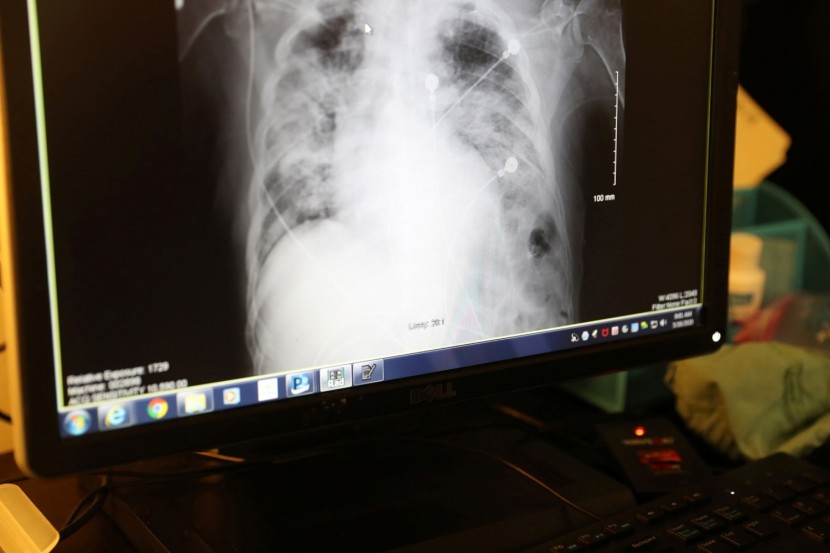
The coronavirus disease (COVID-19) which is caused by the coronavirus SARS-CoV-2 has affected people on a global scale ever since the first outbreak started in China. The disease has evolved to become the pandemic which we are currently experiencing.
Despite the fact that millions have already succumbed to the disease, many people have also recovered from the illness.
In a report by SFGate, an ICU nurse Sherie Antoinette who has experience treating patients who have serious cases of COVID-19 first hand stated that many people who are lucky enough recover from the disease, but it is not like their lives are back to normal. She added that in some cases, COVID-19 leaves permanent damage to the patient's organs which may cause it to never heal.
In a tweet, Antoinette said that when people say recovery, they do not stress the fact that the lungs have been severely damaged that the patient might need a transplant. She also added that there is a possibility that after being discharged people may have massive heart attacks or experience stroke since COVID-19 thickens the blood.
COVID 19 is the worst disease process I’ve ever worked with in my 8 years as an ICU nurse.
When they say “recovered” they don’t tell you that that means you may need a lung transplant. Or that you may come back after d/c with a massive heart attack or stroke bc COVID makes — Cherie Antoinette (@sheriantoinette) June 14, 2020
Due to the fact that COVID-19 is a newly emerged disease, there are currently no studies which discuss the long-term effects of the disease on patients. At the moment, there is very little that is known about the disease, but a few things have been noted that may have potential long-term effects on the patients.
Read also: Super Antibodies Against Coronavirus Discovered: Can They Be Used in a Vaccine?
Lung scarring
According to VOX, a COVID-19 recovered patient Melanie Montano stated that she tested positive for the disease back in March, and seven weeks after the onset of symptoms, she still experiences burning sensations in her lungs and occasionally, dry cough.
When reviewed in CT Scans, the normal lungs would look black, however, for COVID-19 patients, the scans of the lungs have light gray patched known as "ground-glass opacities," which has the possibility to never heal.
University of Southern California 's Keck School of Medicine radiologist Ali Gholamrezanezhad stated that tissue damages such as what is brought by COVID-19 may be permanent damage to the organ.
However, at the moment, it still very early to make conclusions on whether the lung symptoms that patients such as Montano are experiencing will cause damage for a lifetime.
Embolisms, stroke and blood clotting
Aside from lung problems, many COVID-19 patients are also experiencing increased rates of blood clotting, which has been attributed to the body's inflammatory response to the infections. The blood clots can lead to lung blockages, heart attacks, strokes, and even more complications with long-lasting and serious effects.
Heart damage
In addition to the previous complications, being critically sick with COVID-19 can take a toll on one's heart. Doctors have also noted that viral particles of SARS-CoV-2 may be specifically causing inflammation to the muscles of the heart.
According to The Lancet based on one study from Wuhan, the ground zero of the COVID-19 pandemic, 12% of COVID-19 patients exhibited signs of having cardiovascular damage.
As COVID-19 continues to haunt the world, it's effects continue to remain a mystery, which proves that prevention will always be better than cure.
Related article: Coronavirus: Experts Say We're Still on the First Wave, Is There a Second Wave Coming?
© 2025 HNGN, All rights reserved. Do not reproduce without permission.








